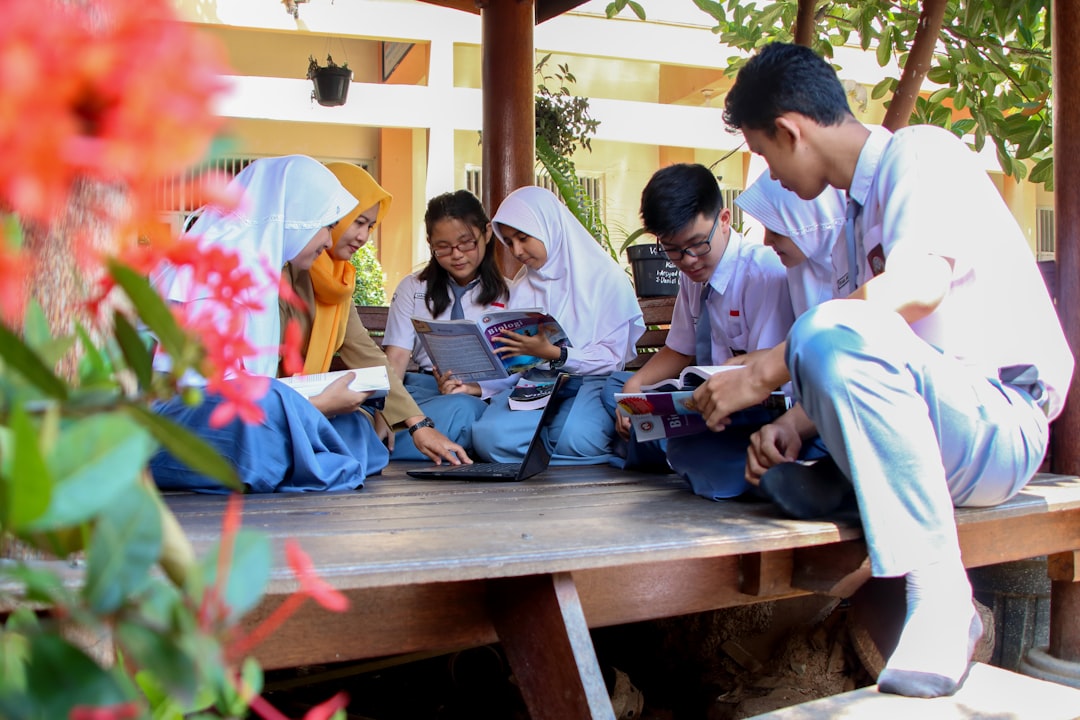China's Secret Weapon in the AI Race Isn't a Supercomputer—It's Their Students

While educators in the United States and Europe are locked in a frantic battle against AI-fueled cheating, ringing alarm bells over academic integrity, a startlingly different revolution is unfolding in China. Across the country, universities aren't just tolerating artificial intelligence—they are actively encouraging its use, transforming what many in the West perceive as a threat into a formidable national asset.
The conversation on Chinese campuses has dramatically evolved. Initial worries about plagiarism have been swept aside by a powerful new narrative focused on a single goal: staying ahead. The rise of homegrown AI models, such as the globally popular DeepSeek, has ignited a wave of national pride. For Chinese universities, teaching students to master these tools isn't just about boosting productivity; it's about cultivating a generation of AI-native experts poised to lead the future.
This profound cultural divide is backed by stunning data. A landmark report from Stanford University’s Institute for Human-Centered Artificial Intelligence (HAI) revealed an incredible enthusiasm gap. A staggering 80% of Chinese respondents reported feeling "excited" about the proliferation of new AI services. In stark contrast, that figure plummets to just 35% in the United States and 38% in the United Kingdom, where skepticism and anxiety remain dominant emotions.
"This attitude isn’t surprising," notes Fang Kecheng, a communications professor at the Chinese University of Hong Kong, suggesting a long-standing national push towards technological adoption and supremacy. Where the West sees a disruptive force that needs to be managed and contained, China views AI literacy as a foundational skill, as essential to modern education as mathematics or history.
This educational divergence could have massive long-term consequences. While Western institutions invest time and resources in detection software and updated honor codes, China is building a nationwide pipeline of talent fluent in the language of artificial intelligence. The nation is betting that the key to winning the global AI race isn't just about developing the most advanced algorithms, but about creating an entire population that can wield them with unparalleled skill and creativity. The critical question for the rest of the world is whether it's already being left behind.


